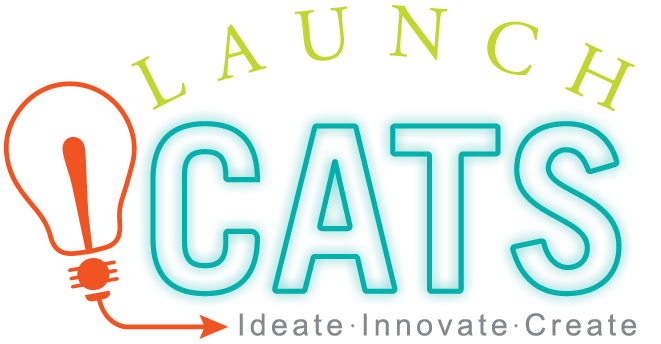What makes an idea great?
In the world of entrepreneurial endeavors and the growing bubble of startups, how can you differentiate yourself from the pack? Everyone claims to have the next greatest idea that will solve the greatest of painpoints. We confronted the topic of idea vs. execution in "Is My Idea a Viable Business?" but here I would like to take a closer look at the idea itself, execution aside.
Ideas are broad. Lets focus the "idea" to entrepreneurial endeavors. Every idea should stem from a pain point or problem currently existing. When we say no idea is a bad idea we are instigating big thinking and creative thoughts. This phrase is used to get people out of their comfort zone and to proactively throw ideas around no matter how rough they may be. Here, in an educational setting, no idea is a bad idea. Ideas build upon one another through a series of critiques and the use of the phrase "yes, and….." Often, we find ourselves in a group of overly negative peers shutting down each others thoughts. If we always accept others ideas whether good or bad, and then ask the right questions, we can develop finite, raw ideas into great ideas. This is the process of design thinking and empathy research. Furthermore, what makes an idea great in the marketplace?
Inventions change the world. The lightbulb, the wheel and the steam engine have changed the world. More recently, companies such as Google, Apple and SpaceX are changing the world. What makes these companies unique and powerful? They are drawing the line and finding balance between monopoly and capitalism. A monopoly refers to the exclusive supply or control of a market. Capitalism refers to markets in which private firms compete for profits. Google owns the search engine market share with competitors no where in sight. Google's formula allows users to find information faster and more effectively than their competition. Are they a monopoly? No; Bing and Yahoo are in the market yet realistically Google's competition is unrealistic. Apple created the iPod, iPhone, and iPad with competitors only trying to imitate. SpaceX is selling to NASA and pioneering space travel and research. This is where an idea becomes great. By inventing something so unique and niche, companies can own entire markets. Large market share in a small pond allows for first mover advantage. While other companies are busy trying to imitate and potentially add small benefits to the device, Apple is busy inventing their next product continually staying ahead of their competition. Capitalism only drains companies of profits as they are constantly competing for small chunks of marketshare. Monopolies lead innovation and change the world. (We are referring to monopolies in a positive way. Arguably, these companies are not affecting consumers negatively such as traditional monopolies have been associated with).
When thinking of ideas to launch, improving on existing ideas automatically takes a capitalism approach to business. If you can make a cellphone 20% more receptive to 4G service you may look good on paper, yet really aren't changing consumer behavior. Consumers may see this as strictly marketing and no different than the next product. Chasing trends will never set you apart or ahead of competition - this becomes a battle of marketing. The best marketing is a product that sells itself. Create something that doesn't yet exist and be not only the first to market, but the last mover.
